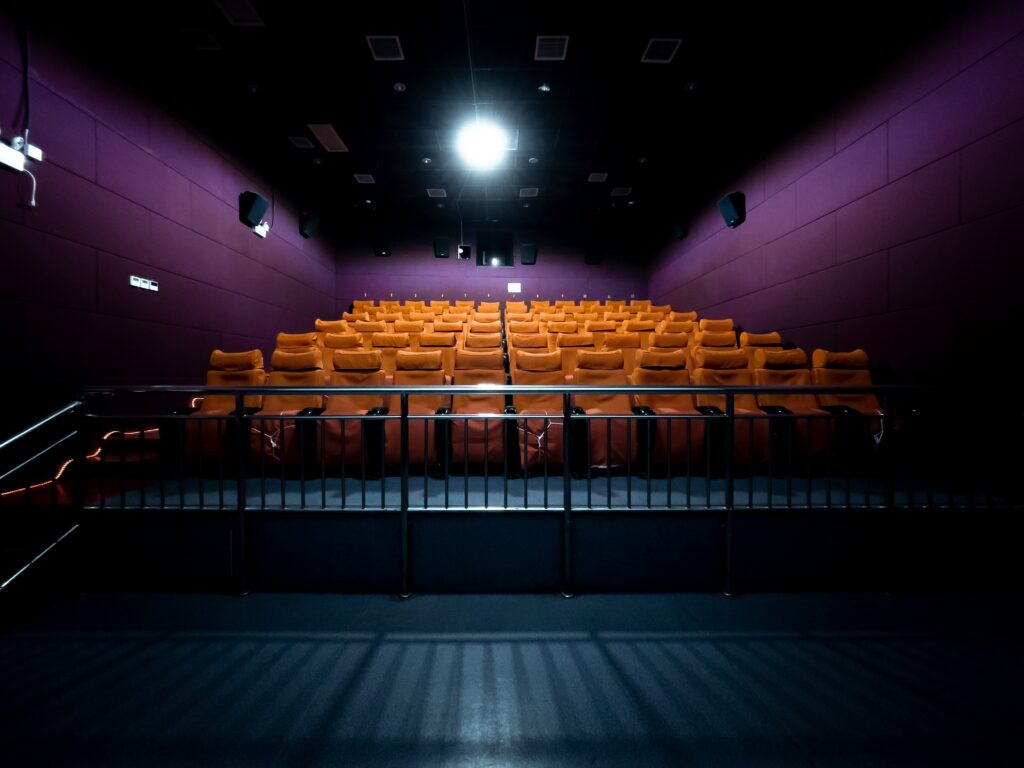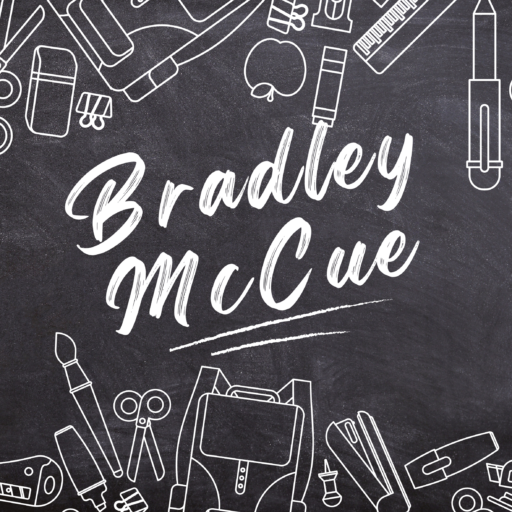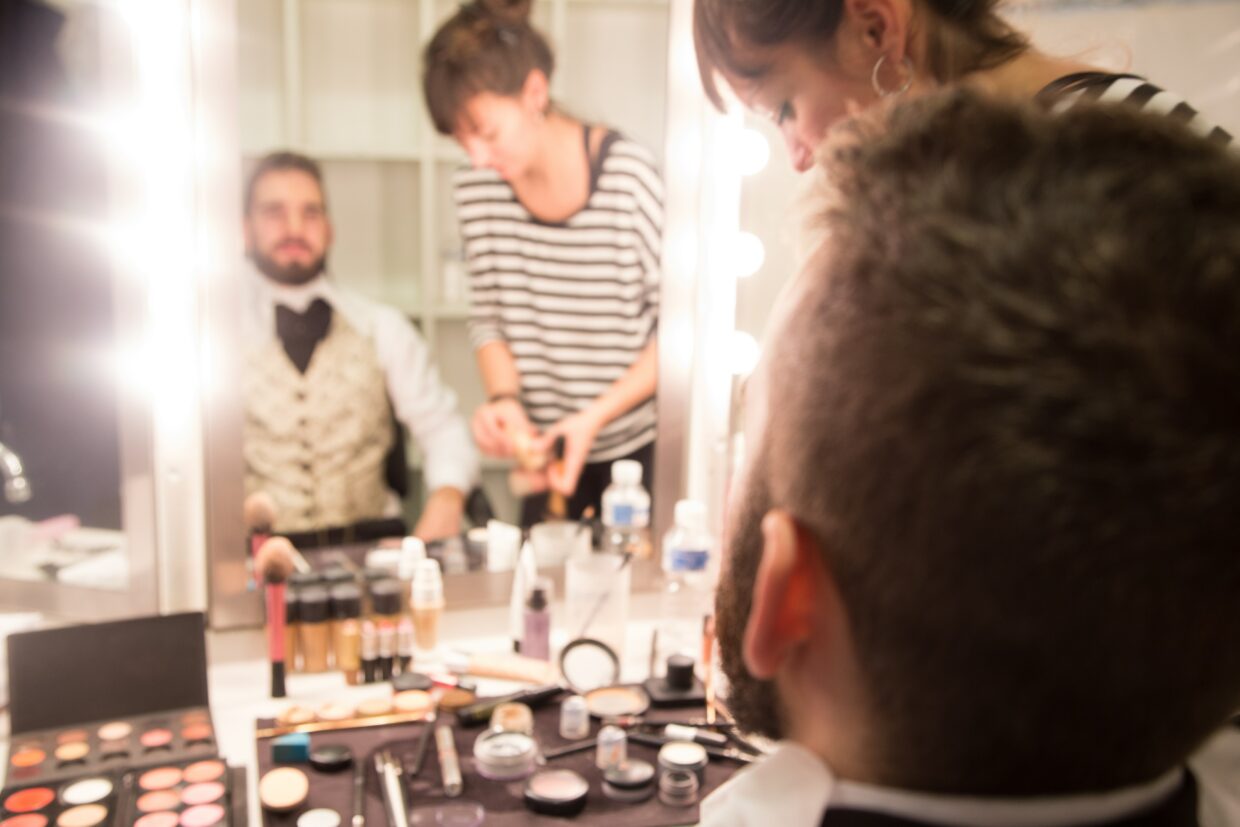I am very excited to now get to talk about my absolute favourite part of creating any musical. The run. The groundwork has been laid, the show has been picked, the actors are off book, the director has survived the crunch, tickets have been sold and the audio and lighting has been mapped out. Now the only thing left for you to do is see the fruits of your labour pay off.
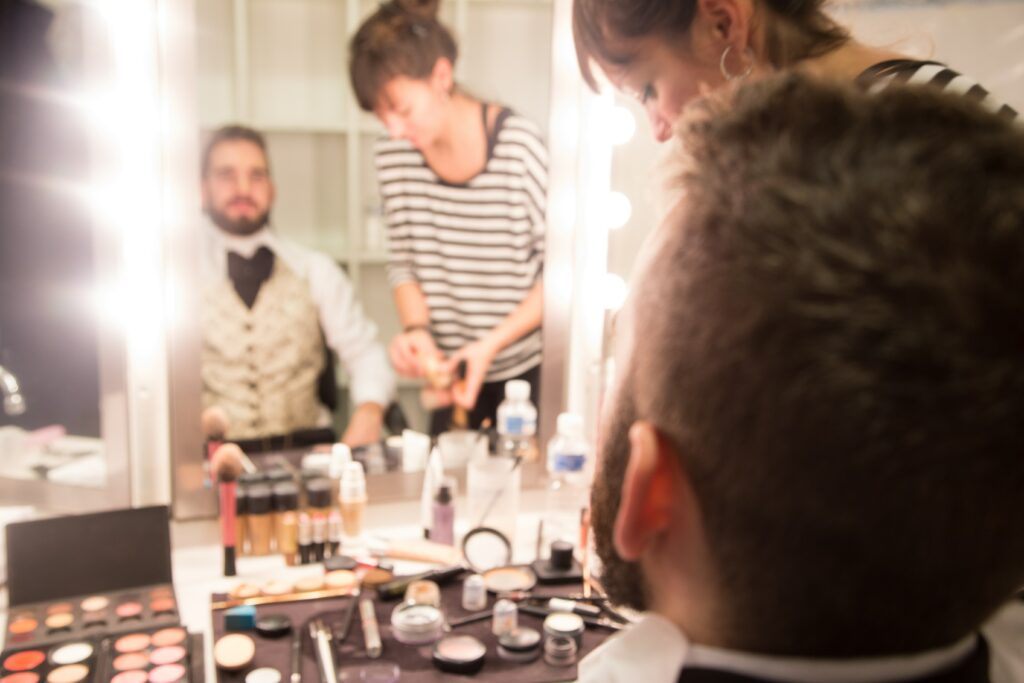
The general process of creating broad strokes, fine tuning those broad strokes and then mastering the material has now led us to the point where we are performance ready, and people are in the seats. The run is a bit more complex, however, than just running the show flawlessly in front of an audience. It never works that way. The first thing you want to do for the run is set an appropriate call time for your actors. Doing makeup, hair and getting your microphones attached and tested takes time, so if your show is at 7:30, you might want to consider giving your crew at least two and a half hours of time to prepare. A 5 o’clock runtime is the most appropriate for this example. Granted, you have to make sure you are aware of individual expectations. If you are putting on a production of Beauty & The Beast for example, that initial call time would be important for characters like The Beast, Lumiere, Cogsworth or any of the other characters that require heavy makeup and costumes, while if one of the towns folk shows up closer to 6, that would probably be okay for what they need to have done by the time the curtain is raised.
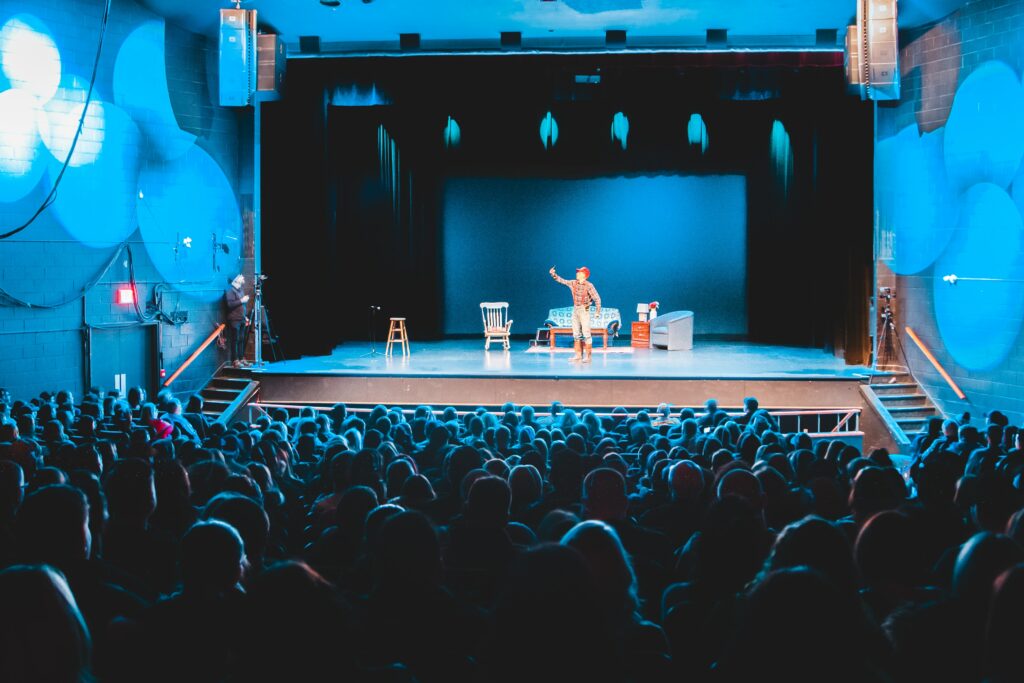
Opening night is incredibly nerve wracking and its important to note that your entire cast and crew will feel the nerves; Not just you. Another thing to remember about opening night specifically is that, while you have been spending months perfecting every moment of the script, there will be things that do not go to plan. This can be frustrating in the moment but is something your crew should be able to shake it off and continue with the show. On the odd occasion, this will cause further errors. One thing to really keep in mind when errors occur on stage is that, unless it’s handled by your cast incredibly poorly, the odd mistake or error will never be noticed by a member of the audience. Dust yourself off and move on.
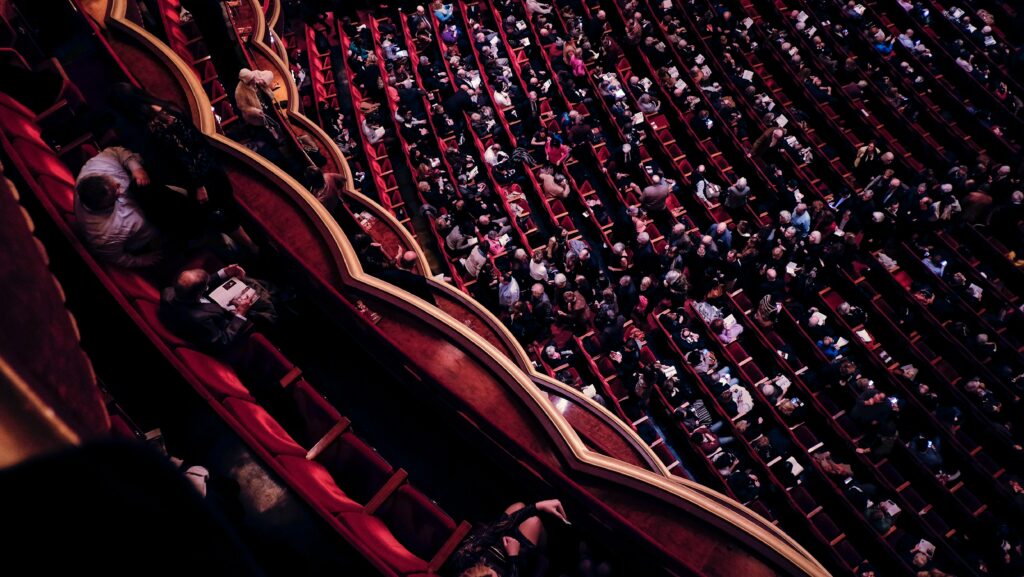
Once the show is done, the bows have happened, the theatre is empty and you’re the only person left in the seats, all you can do now is reflect on your work. Did you give this show the passion and care that each show requires? Did you address each aspect of the process? Did the show that was put on exceed the expectations that you or the audience had? This is my favourite moment. It is so peaceful and calm. Look upon your work and take a deep breath in to solidify the pride and joy that comes along with the incredible art of being involved in theatre.
